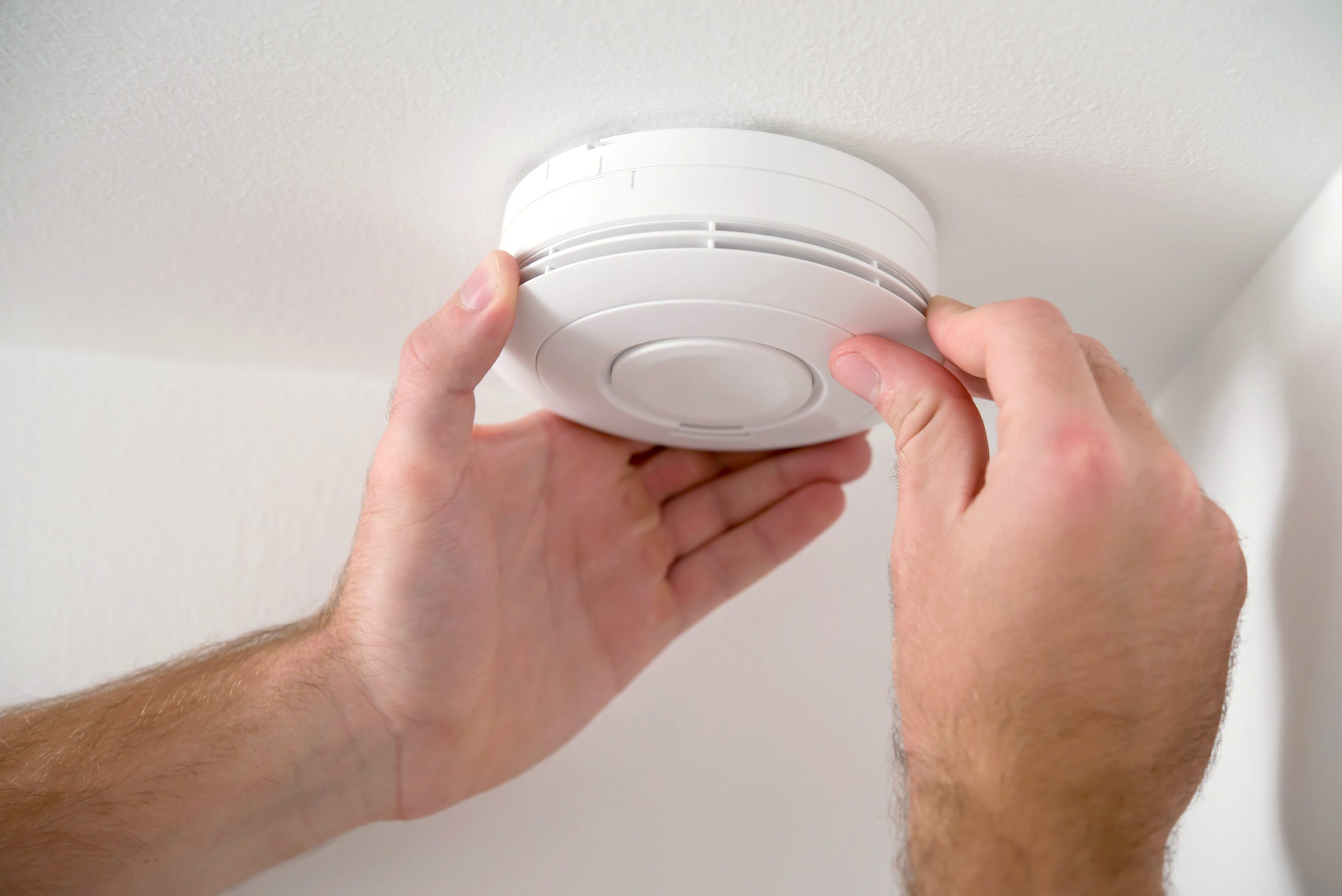When to Upgrade Your Electrical System to Current Code
By Gordon Watts | Apr 20, 2011

The following is an excerpt from a recent complaint posted on a consumer reporting website by a homeowner regarding an electrician in Atlanta:
He told me (the electrician) he couldn't connect the pool pump unless he did all this work and that the house wasn't up to code (turns out he meant up to current code, but I later found out from a builder that houses are just suppose to be up to the code at the time they were built so he deliberately misled me). He said he had to rewire the main panel in the house and totally redo the way the pool was set up or we could get electrocuted in the pool or the house could catch on fire from the wiring. He said it would take two days and cost around $3,100. He worked about six hours and then told. me it would cost more money than he thought he said I and I had to pay him the $3,100.
The National Electrical Code is a United States construction standard and is part of the National Fire Codes series published by the National Fire Protection Association (NFPA). While the Code is not itself law, it is used by local inspectors as a guideline for the safe installation of electrical wiring and equipment and many of the requirements are commonly mandated by state or local law.
First published in 1897, the NEC is updated and published every three years. The 2011 NEC is the current edition (effective date August 25, 2010).
Most states adopt the most recent edition within a couple of years of its publication; however, a few jurisdictions regularly omit or modify some sections, or even add their own requirements, e.g. Georgia didn’t adopt the 2008 requirement for Arc Fault Interrupters until January of 2010.
Code upgrades are not normally required except in new construction unless significant changes like a panel replacement are made to the electrical system and then the local inspector will normally only require some upgrades to be made. That’s why it’s important to work with an Atlanta electrical contractor who is familiar with the electrical inspectors in each local county or municipality and is knowledgeable as to which code upgrades will most commonly be required. Of course, any new wiring or equipment installed in an existing home or business must be completed to current code standards.
Even if not required, some upgrades like GFCI or AFCI protection are a good idea because they significantly increase the safety of the electrical system and are relatively inexpensive. If someone tells you your electrical system is not up to code contact a qualified electrician who is a Licensed Georgia Electrical Contractor. .
